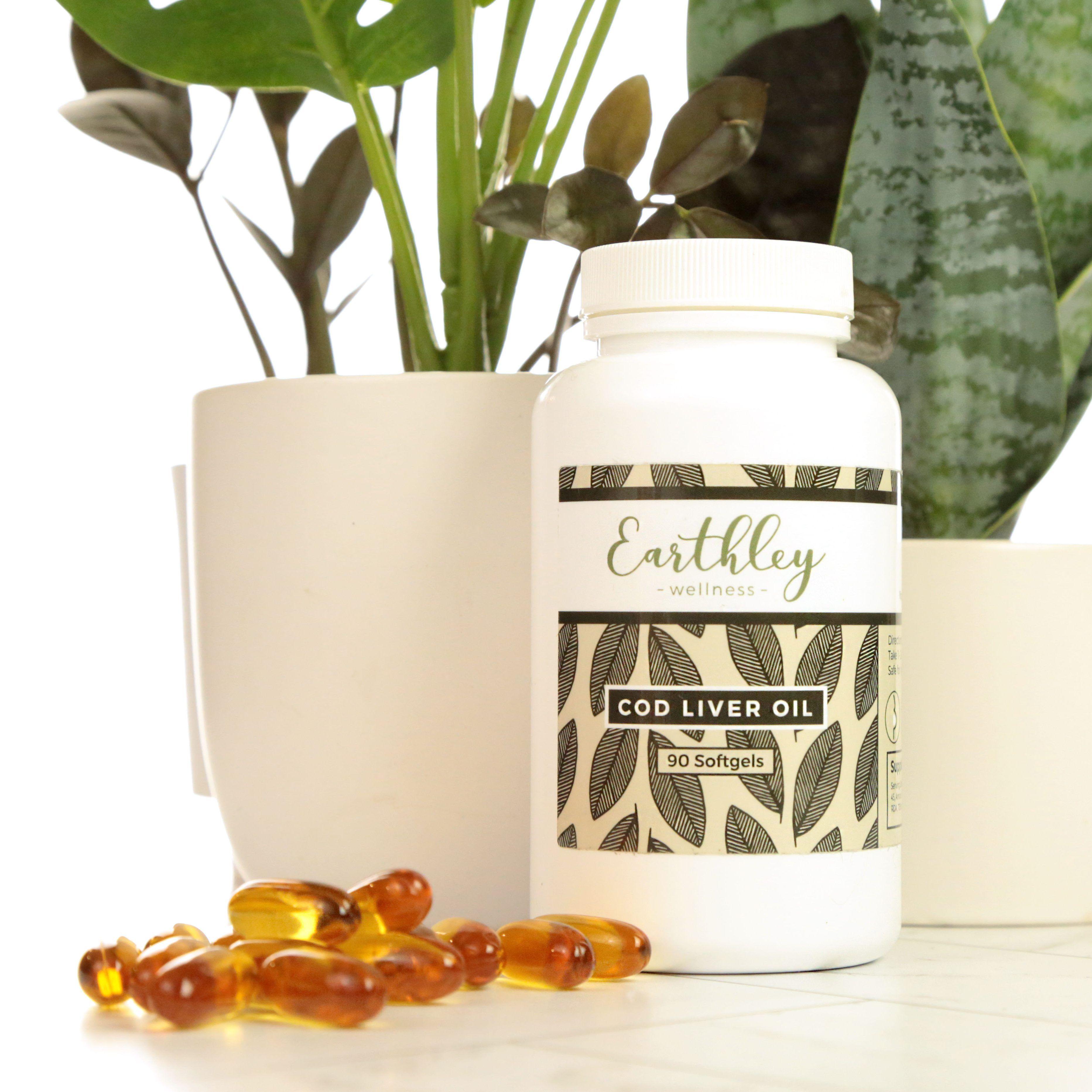Natural Remedies for Urinary Tract Infection

The itching. The burning.
Trying to discreetly find comfort. The nagging need to constantly run to the bathroom. Then, the fever, the chills, and the lower back pain. Do you know the feeling?
Feeling sick, hurting, and running to the bathroom is not how anyone wants to spend their time, much less repeat it every few months!
What are Urinary Tract Infections (UTIs), and Why Do We Get Them?
Urinary tract infections (UTIs) happen when a part of the urinary system becomes infected. The urinary system starts with the kidneys, which filter waste from your blood to create urine. That urine flows through tubes called ureters into the bladder, where it’s stored until you’re ready to urinate. When the bladder is full, the body sends signals that it’s time to empty it through the urethra.
UTIs are incredibly common, especially in women. Over half of all women will experience one at some point, while men account for only about 12% of infections (1). Many will even end up dealing with recurrent urinary tract infections (rUTIs). It is important to look closely for the root cause of the problem so it can be eliminated. Sometimes, UTIs can become more serious and spread to the kidneys, leading to complications like urosepsis, which is a type of sepsis caused by a UTI (2).
Signs of a UTI:
Lower UTI (bladder and urethra):
Pain or burning when urinating
Frequent urge to urinate, even if little comes out
Pressure or cramping in the lower abdomen
Dark, cloudy, or unusual-smelling urine
Upper UTI (infection in the kidneys):
Fever and chills
Lower back pain or pressure
Nausea and vomiting
Dark, cloudy, or strange-smelling urine
Urosepsis (a severe UTI affecting the whole body now):
UTI symptoms and suspected
Abnormal temperature
Rapid heart rate
Breathing difficulties
Kidney dysfunction with low urine output
Encephalopathy bringing in mental status changes abruptly.
The Main Causes of UTIs
Bacteria: The most common culprit is E. coli, but other bacteria like Proteus and Klebsiella can also cause infections (3,4). Bacteria can enter the urinary tract during sexual activity, improper wiping, or even from contaminated surfaces.
Yeast: In some cases, yeast, particularly Candida albicans, can lead to a Lower tract UTI (5)
Other Microbials and Chemicals: Anything that disrupts the balance of bacteria in the urinary tract—like soaps, lotions, spermicides, or certain sexual practices—can increase the risk. Remember it isn’t just lotions and soaps you use but what your partner is using as well! Sexually Transmitted Diseases or anything that disrupts the microbiome of the lining (6).
Some Contributing Factors
Bladder Issues: Conditions that prevent the bladder from emptying fully, like nerve damage or obstructions, can allow bacteria to build up (7,8)
Vitamin D Deficiency: Low vitamin D levels can weaken the immune system, making it harder for the body to fight infection (9)
Estrogen Levels: A decrease in estrogen can disrupt the urinary microbiome, increasing the likelihood of UTIs (10)
Natural and Herbal Support for a Healthy Urinary Tract
Many people turn to natural remedies for support. Here are a few options:
Cranberries: Known for their ability to be “too slippery” for bacteria, so the “bad bacteria or disruptor” slips right off the walls of the urinary tract. Cranberries are also antimicrobial, antibacterial, antifungal, and antiviral. They have shown to be effective against a variety of infections including E. Coli and candida (11). Cranberries can be consumed in juice, powder, tincture, or capsule form.
Vitamin C: This immune-supporting vitamin is really helpful! We cannot make our own vitamin C, but we need it for proper immune function. It provides increased cellular immunity function for both prevention and mounting an “attack” against invading pathogens (12). Eating foods rich in vitamin C, like citrus fruits, strawberries, and broccoli, or taking a supplement can be beneficial.
Vitamin D: This also supports your immune system so it can better keep you healthy. The ideal is to get 10 – 30 minutes of mid-day sunlight daily as many days per year as possible. The sun is the best source of vitamin D and how our body was designed to get it. When you are not able to get in the sunlight, consume foods with vitamin D for the body to use, like fish, cod liver oil, beef liver, and eggs.
Garlic: Garlic has strong antibacterial properties and may help fight off harmful bacteria. Garlic is also a strong antioxidant, anti-inflammatory, and immune modulator. It also has a diuretic effect to help encourage healthy urine elimination (13).
Probiotics: The strain Lactobacilli is found in fermented milk products like yogurt (14). These seem to be the most commonly researched probiotics for urinary health. Lactobacilli has been shown to “prevent the adherence, growth and colonization of uropathogenic bacteria”(15). You can find probiotics in fermented foods like yogurt, sauerkraut, and kefir.
Dandelion Root: Supports the antibacterial effects while providing a diuretic to help eliminate fluids and support the liver detox (16). Dandelion is available in teas, tinctures, and usually right in your own backyard!
Cramp Bark: This herb can help support the urinary system and reduce discomfort (17). They’re often available in teas or tinctures.
Turmeric: Inflammation is often a contributing factor in UTIs (18) and one of the best supporting anti-inflammatory herbs is turmeric (and its supporting activating spice, black pepper. It has also been indicated to help against UTIs specifically (19).
Marshmallow Root: Frequently used for its soothing and anti-inflammatory properties. It may provide relief from the discomfort associated with UTIs. This can be used in teas or tinctures.
Tips to Support a Healthy Urinary Tract
- Stay hydrated: Drink plenty of filtered water to flush out bacteria.
- Practice good hygiene: Wipe from front to back, and urinate after sexual activity.
- Wear loose clothing: This helps avoid moisture buildup, which can lead to bacterial growth. Pants and underwear shouldn’t leave marks on your skin, if they do, they may be interfering with your lymphatic system which is where most of your immune system works!
- Avoid harsh laundry detergents that can upset the microbiome balance/ Try natural, effective, and safe ingredients for washing laundry – try Earthley’s laundry soap.
- Avoid irritants: Skip harsh soaps, douches, lotions, and sprays that can upset the natural balance in the urinary tract – and ask your partner to do so also!
- Choose a healthy diet: Limit foods that irritate the bladder, such as caffeine, alcohol, and artificial sweeteners.
- Take showers instead of or after baths. If you do choose to lay in the tub, use herbal tea baths like Earthley’s Detox Bath.
Here are our go-to natural remedies:
External Discomfort/itching: No More Yeast Salve has great herbs (like cloves, cinnamon, and calendula) and oils (like neem) for fungi situations.
Cramping: Earthley’s UT-Relief with Cramp Bark and Turmeric
Yeast: Candida Cleanse naturally fights yeast while bringing your gut flora back into balance.
Fever/Chills/Ill Feeling: Feel Better Fast supports your body’s natural immune system so that it works more efficiently.
Stress: Adaptogenic Immunity is a combination of 5 herbs that can support the immune system, improve the body’s ability to cope with stress, and nourish you for total body wellness.
Immune Support: Immune Aid Vitamin C Powder/Capsules and Cod Liver Oil
Cleaning: Try one of our gentle, real soap bars: Earthley Soaps
Sources:
#1 https://www.ncbi.nlm.nih.gov/pmc/articles/PMC3749018
#2 https://www.ncbi.nlm.nih.gov/books/NBK482344/
#3 https://www.ncbi.nlm.nih.gov/pmc/articles/PMC8497731/
#4 https://www.ncbi.nlm.nih.gov/books/NBK470195
#5https://www.ncbi.nlm.nih.gov/pmc/articles/PMC4457377/%20https://academic.oup.com/cid/article/52/suppl_6/S437/284654
#6 https://www.ncbi.nlm.nih.gov/pmc/articles/PMC1489509
#7 https://www.ncbi.nlm.nih.gov/pmc/articles/PMC6502981
#8 https://www.ncbi.nlm.nih.gov/pmc/articles/PMC6502981
#9 https://www.ncbi.nlm.nih.gov/pmc/articles/PMC3001888/
#10 https://www.ncbi.nlm.nih.gov/pmc/articles/PMC5615991/
#11 https://www.ncbi.nlm.nih.gov/pmc/articles/PMC4942875/
#12 https://www.ncbi.nlm.nih.gov/pmc/articles/PMC5707683/
#13 https://www.ncbi.nlm.nih.gov/pmc/articles/PMC4283390/
#14 https://www.ncbi.nlm.nih.gov/pmc/articles/PMC3749018/
#15 https://onlinelibrary.wiley.com/doi/10.1111/jmwh.12472
#16 https://www.ncbi.nlm.nih.gov/pmc/articles/PMC5817818
#17 https://www.ncbi.nlm.nih.gov/pmc/articles/PMC7595025/
#18 https://www.auajournals.org/doi/10.1016/j.juro.2013.12.013
#18 https://www.ncbi.nlm.nih.gov/books/NBK92752/
* These statements have not been evaluated by the Food and Drug Administration. This product is not intended to diagnose, treat, cure or prevent any disease. Free shipping applies to US retail orders only.
Find what you need below!
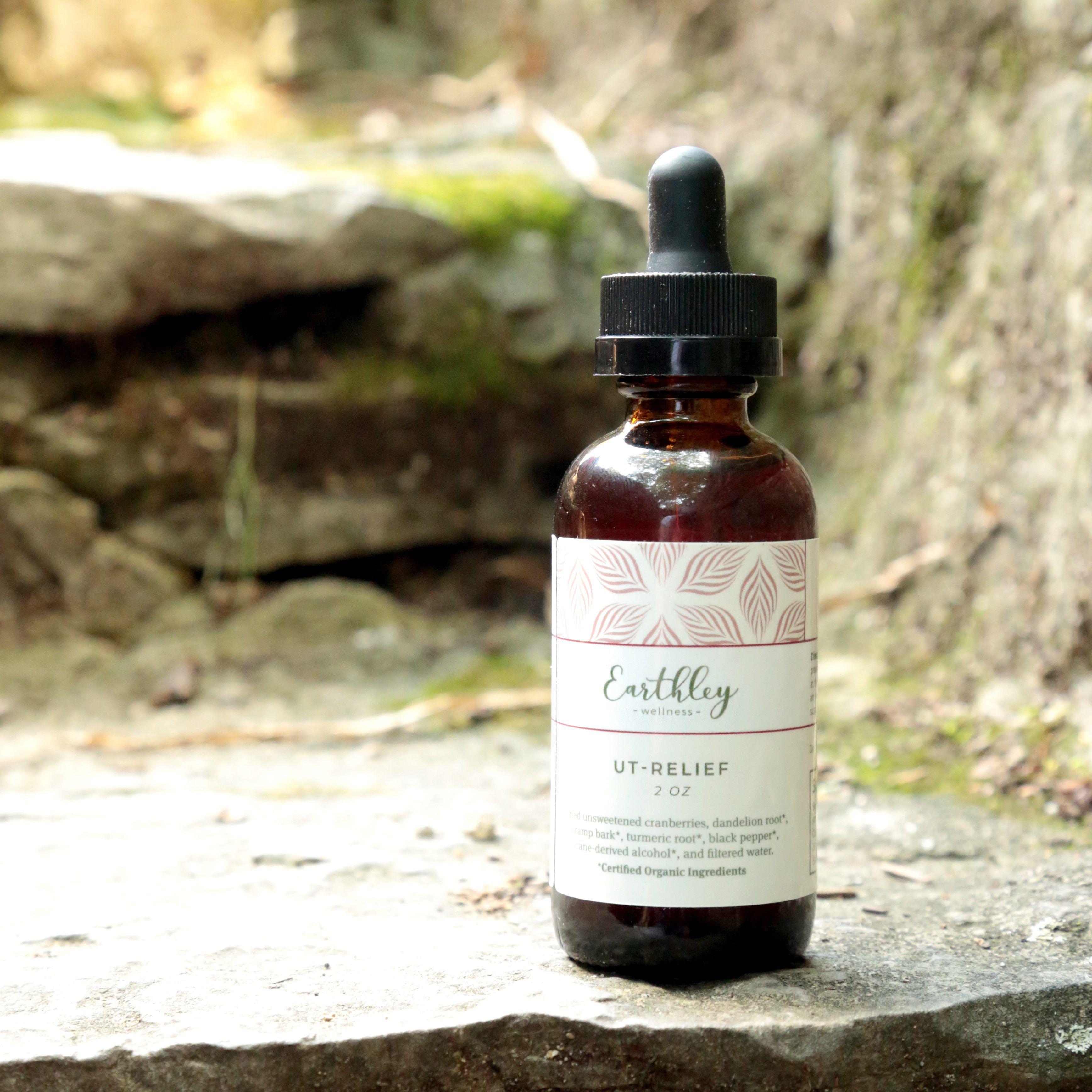
For kidney and urinary tract health
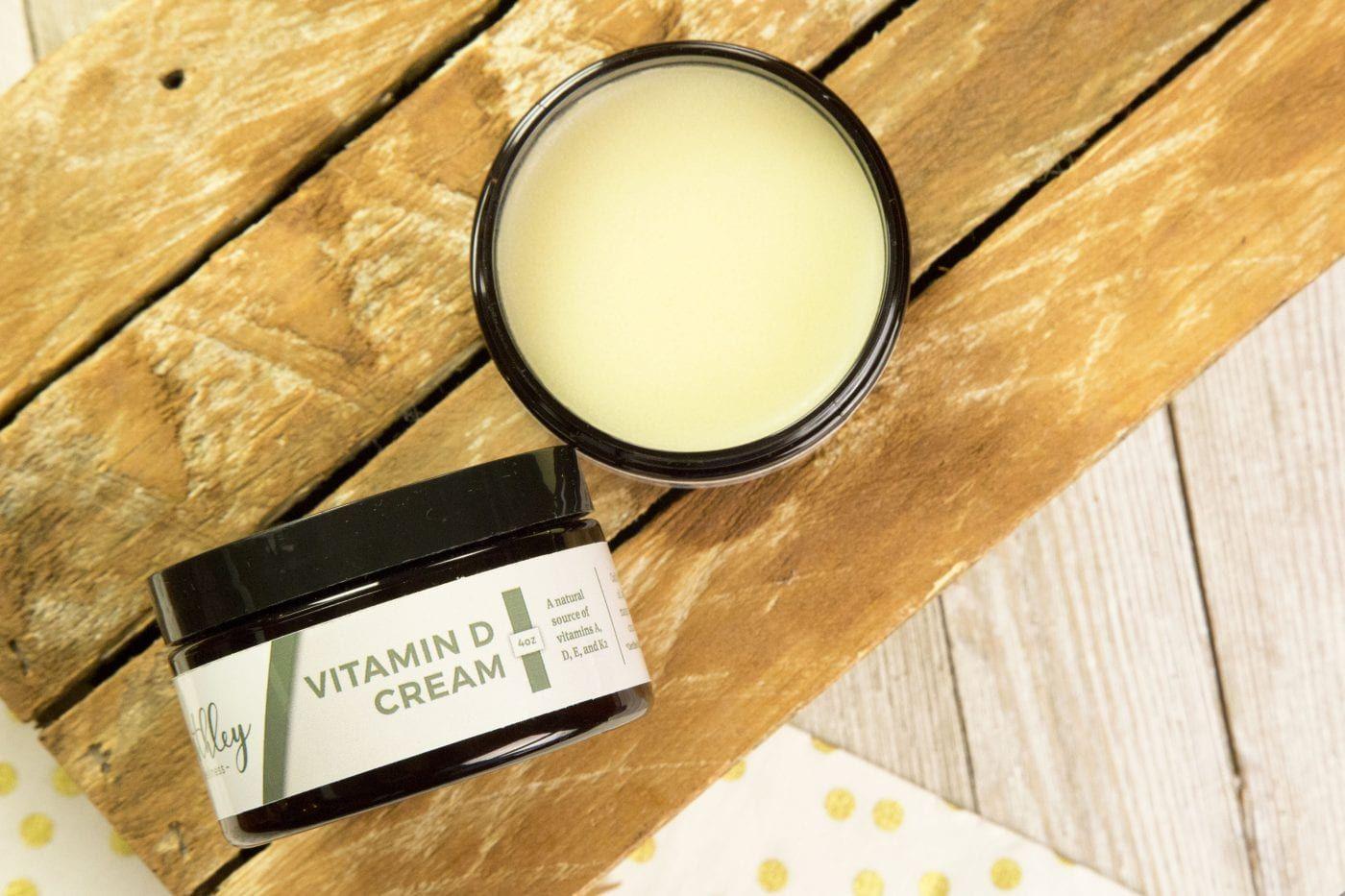
For natural vitamin D
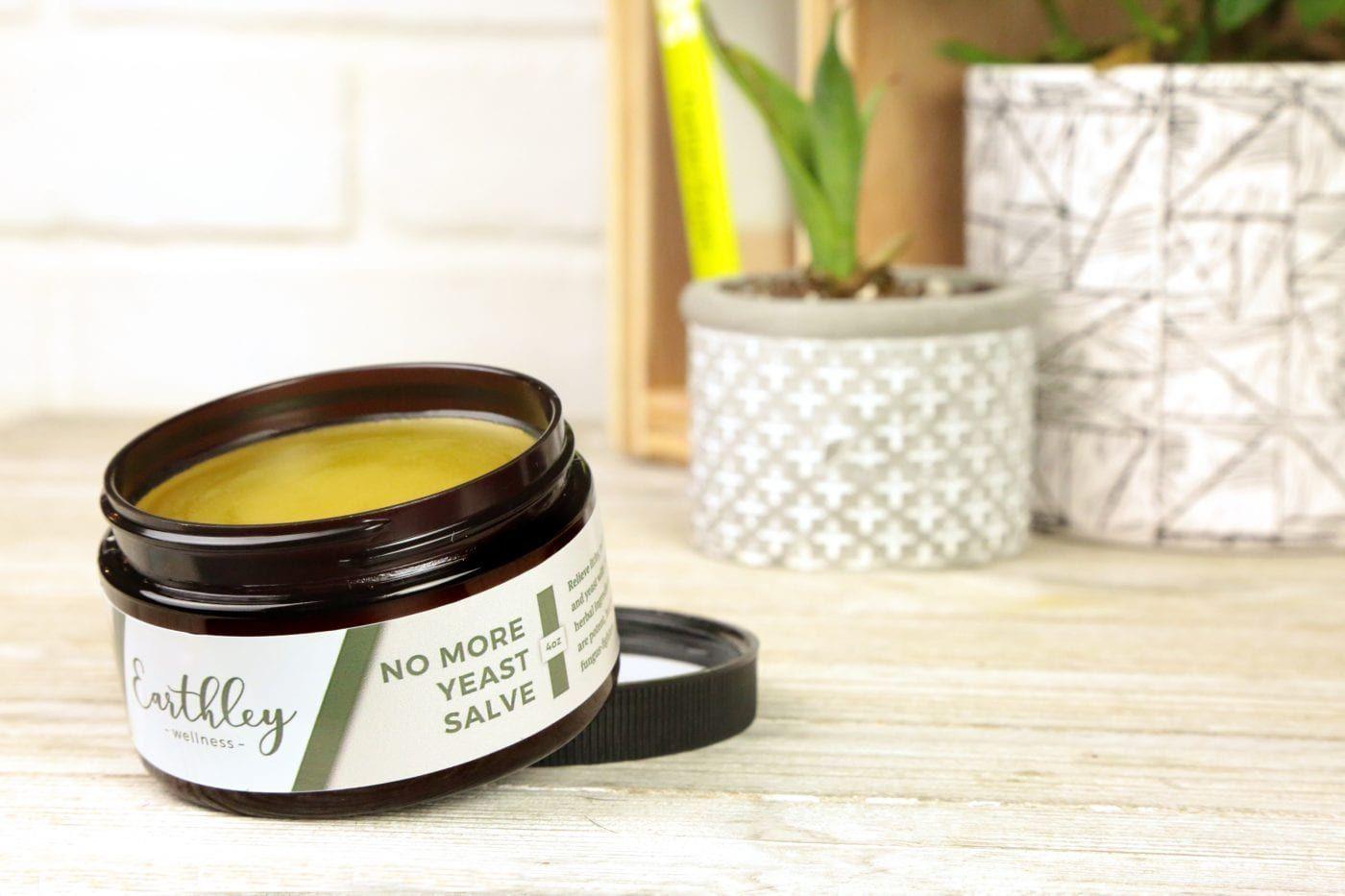
To promote a healthy, balanced skin microbiome
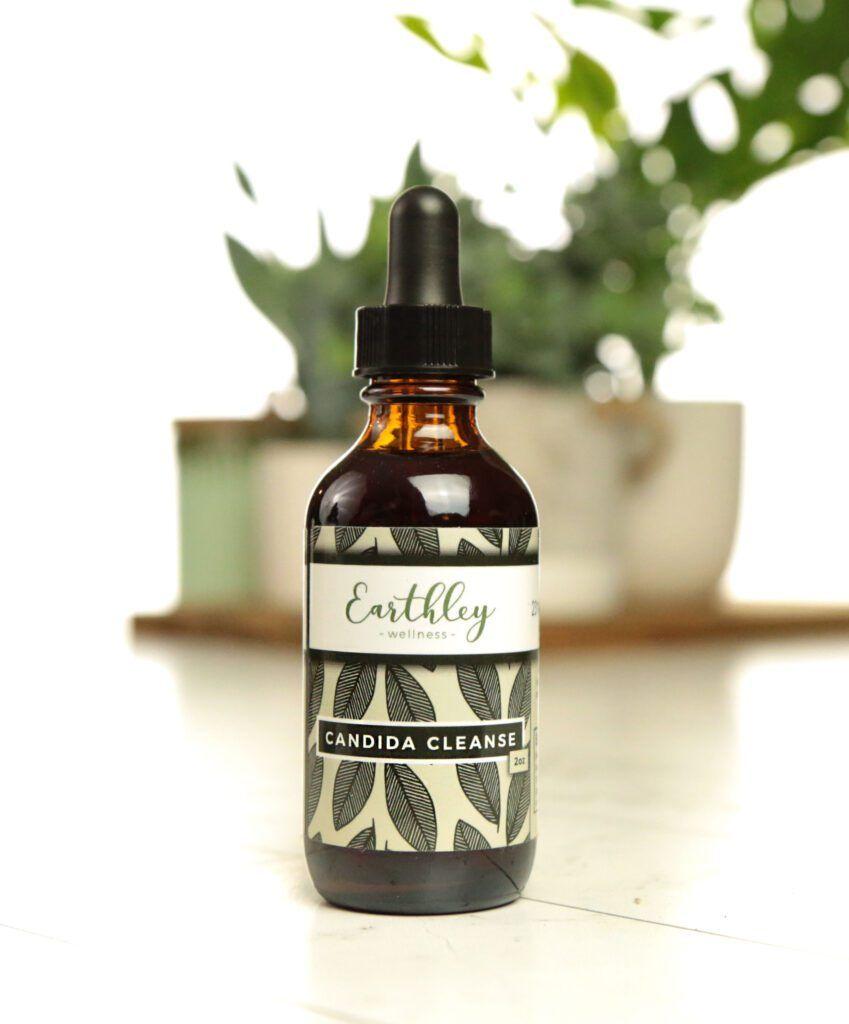
To support a healthy gut microbiome
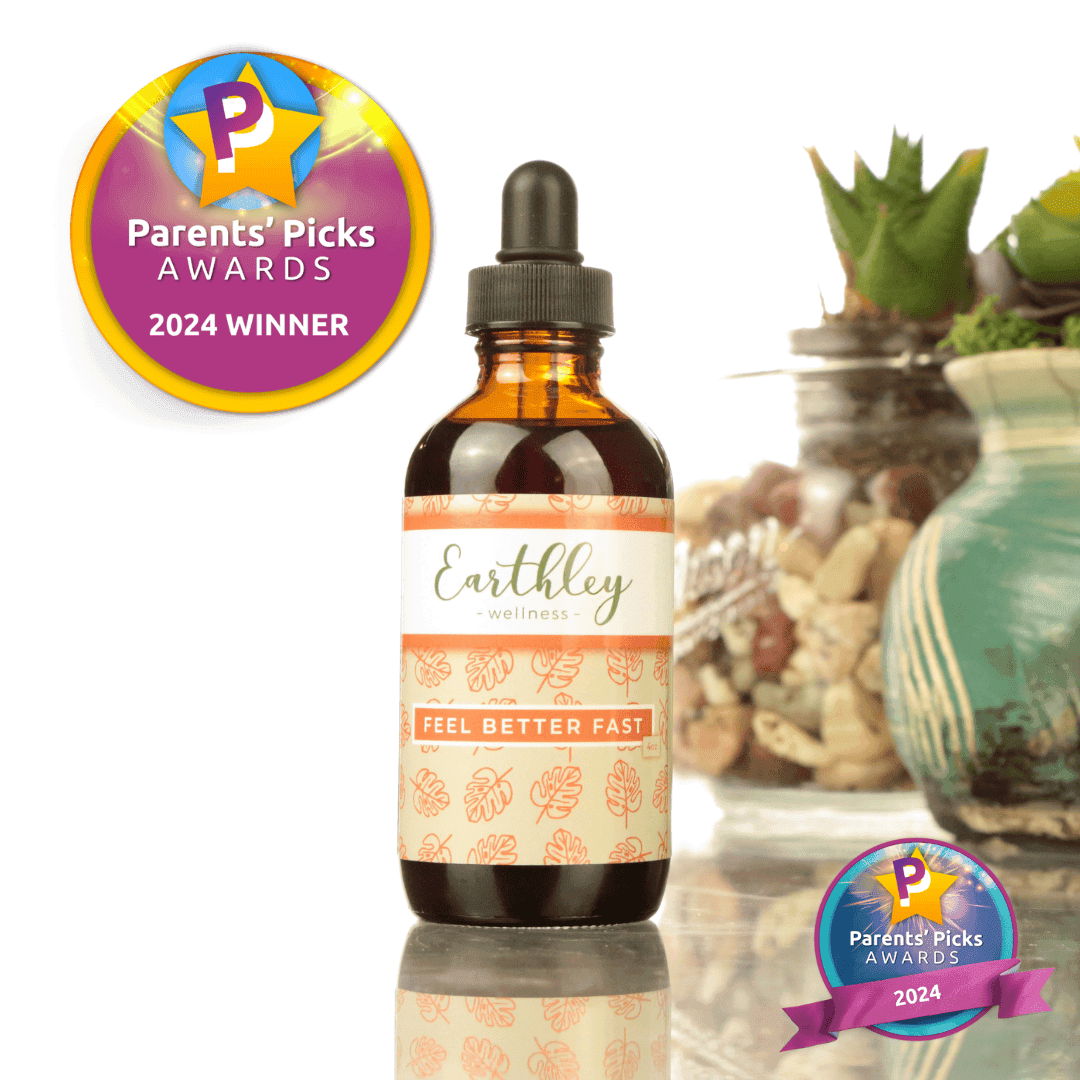
For fever, upset stomach, discomfort, and immune support
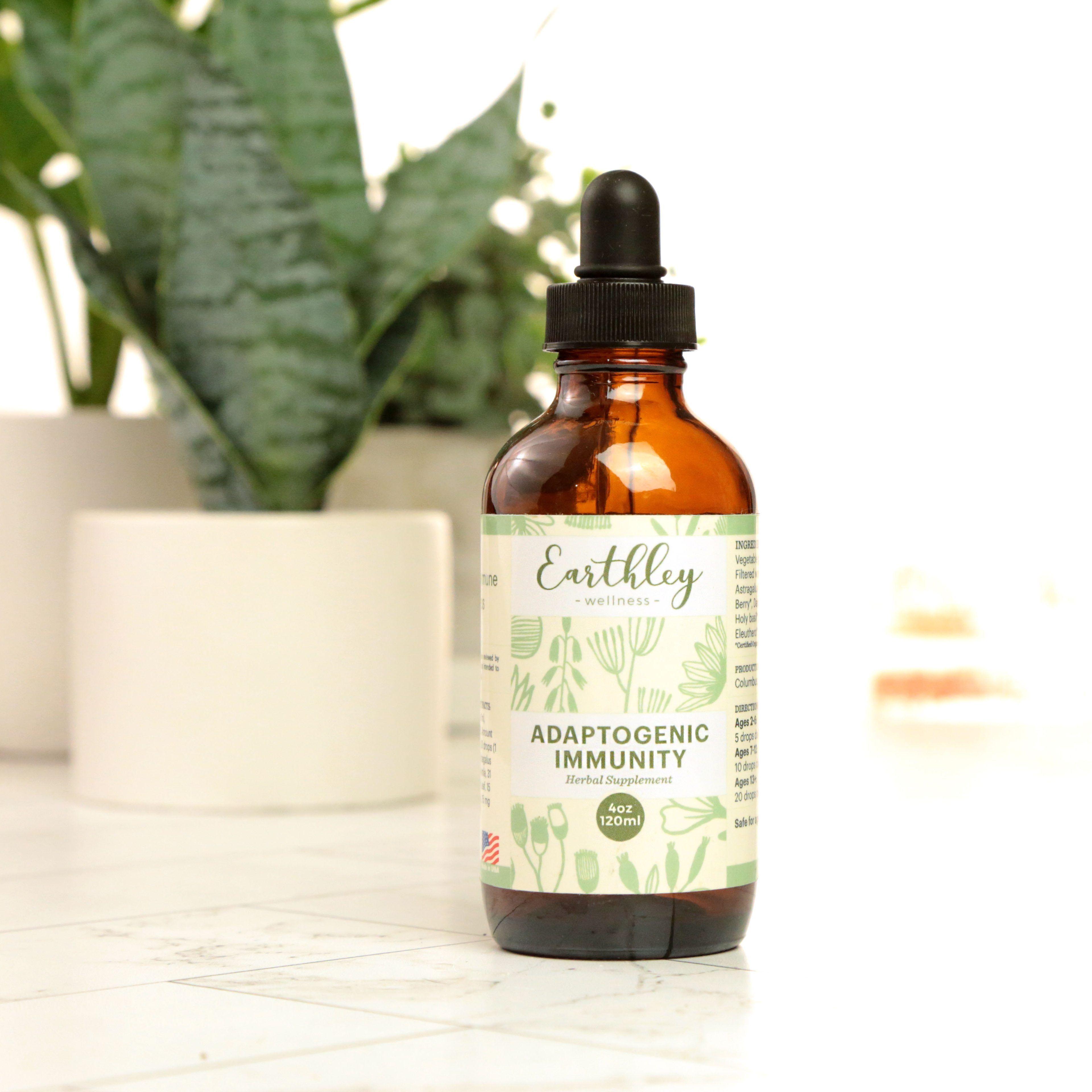
For daily stress and immune support
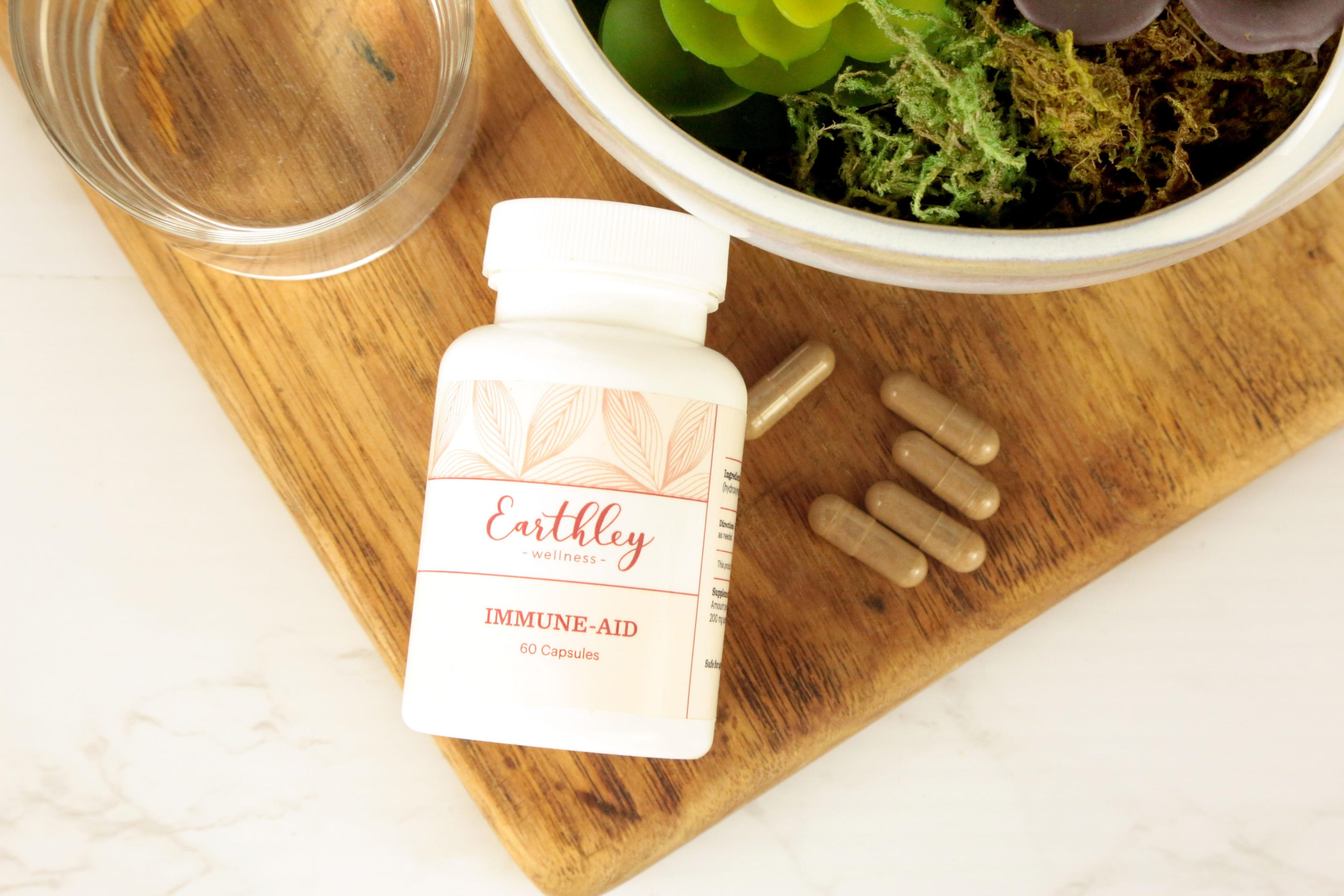
A super food vitamin C source
